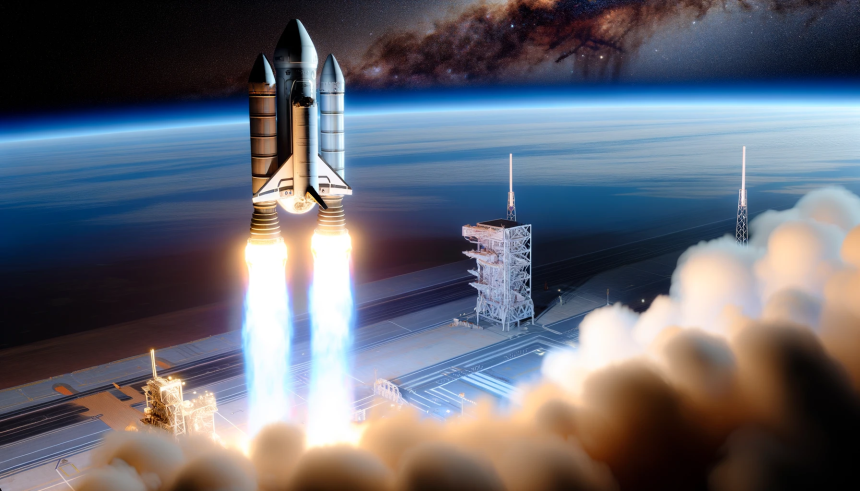Efforts to reduce aviation’s carbon footprint take a significant step forward as NASA supports the development of an innovative hydrogen-based aircraft engine. This new initiative aims to address the persistent challenge of diminishing air travel emissions through cutting-edge technology. By focusing on hybrid propulsion systems, NASA seeks to create a more sustainable future for the aviation industry.
Hybrid systems have been explored previously, but the Hy2PASS engine distinguishes itself through its advanced air handling capabilities. This novel approach could lead to substantial improvements in fuel efficiency and emission reductions, marking a pivotal moment in aviation technology.
How Does the Hy2PASS Engine Work?
The Hy2PASS engine combines a fuel cell with a gas turbine to generate power for aircraft. Unlike traditional hybrid systems, the compressor in Hy2PASS operates independently from the turbine, enhancing overall efficiency. This separation allows for optimized performance, as the compressor can adjust pressures without impacting the turbine’s operation.
What Are the Environmental Benefits?
Emissions from the Hy2PASS system are primarily water, effectively eliminating typical hybrid engine pollutants.
“This could revolutionize the way we think about sustainable aviation,”
a NASA spokesperson commented. The reduction in harmful emissions aligns with global efforts to combat climate change and promote cleaner air travel.
What Are the Next Steps for Development?
The initial phase of the NIAC grant focuses on validating the Hy2PASS concept and optimizing mission trajectories to minimize energy use.
“Our goal is to ensure that this technology can be seamlessly integrated into future aircraft designs,”
stated Phillip Ansell from the University of Illinois Urbana-Champaign. Success in this phase could pave the way for widespread adoption of hydrogen-powered aviation solutions.
Previous efforts in sustainable aviation have often stalled due to technological and economic barriers. The Hy2PASS project builds on these past initiatives by introducing a more efficient and environmentally friendly engine design. This progress highlights a growing commitment within the industry to explore viable alternatives to traditional fuel systems.
The development of the Hy2PASS engine represents a promising advancement in reducing the environmental impact of air travel. By leveraging hydrogen as a clean energy source and optimizing engine performance, NASA and its partners are addressing critical challenges facing the aviation sector. Continued research and investment in hybrid technologies like Hy2PASS could lead to significant strides in achieving sustainable and emission-free flight.










